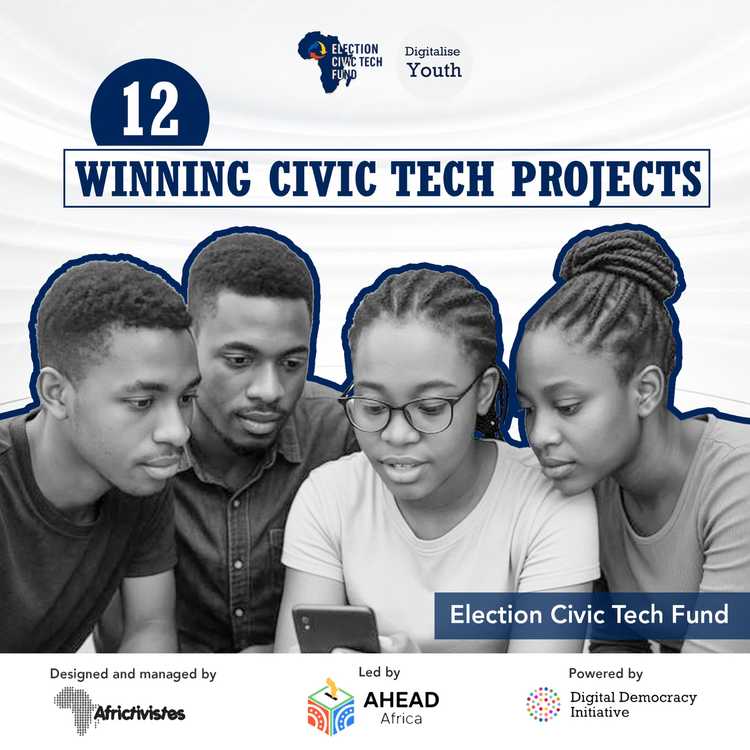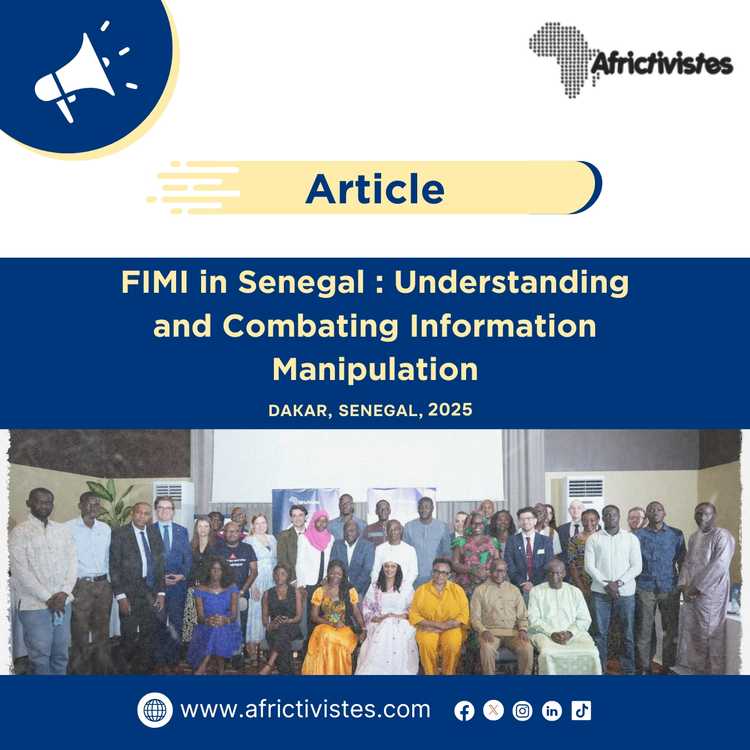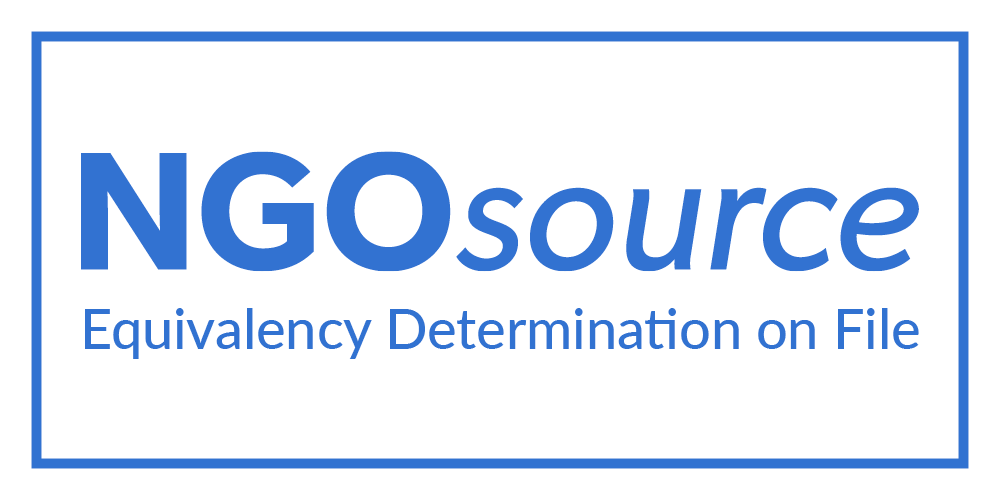The Challenge of the Sanctity of Term Limits in Africa: Between Power Grabs and Democratic Illusion
The issue of term limits has always been a major concern on the continent. In the aftermath of independence, many African states adopted strong regimes, citing the need for social cohesion and economic development. This conception of political power stifled any attempts at democratic opening. The limitation on the number of terms was practically non-existent, both in law and in practice, in many sub-Saharan African countries, and the political system was strongly characterised by legal and de facto one-party rule.
It was following the institutional crisis of December 1962 that Senegal adopted the Constitution of 7 November 1963, which established a contraction of civic space, a repressive and hyper-presidential regime, and a party system (1966 – 1974). A term for this system that Leopold Sédar Senghor systematically rejected, preferring to speak of a “unified party” system.
In 1974, Senegal embarked on a democratic opening with the recognition of the Senegalese Democratic Party (PDS) led by Me Abdoulaye Wade. With Law No. 76-01 of 19 March 1976, the state endorsed tripartism based on the following three ideologies: socialism (the Socialist Party led by Leopold Sédar Senghor), liberalism (the Senegalese Democratic Party – PDS led by Me Abdoulaye Wade), and communism (the African Independence Party – PAI led by Majhemout Diop). Law No. 78-60 of 28 December 1978 expanded the political party landscape to four, with the recognition of a fourth party representing conservative ideology, the Senegalese Republican Movement (MRS) led by Me Boubacar Gueye. In 1981, Abdou Diouf, who came to power under Article 35 of the Constitution, solidified the system of full multipartyism with Law 81-17 of 6 May 1981.
Multipartyism in Senegal emerged at a time when most African countries were under the domination of a one-party system. They began experimenting with democratic pluralism beginning in the 1990s, a period often described as a renewal of African constitutionalism. The regime of Félix Houphouët-Boigny in Côte d’Ivoire, responding to public pressure, the social consequences of structural adjustment policies, and the third wave of democratisation, as termed by Samuel Huntington (1991), officially recognised the Ivorian Popular Front (FPI) in 1990, thereby ending its clandestine status. Houphouët-Boigny created the position of Prime Minister, which he entrusted to Alassane Dramane Ouattara (1991). Many sub-Saharan African countries engaged in this exercise of democratic opening, either following national conferences or through what could be described as incremental democratisation. This qualitative democratic leap was also characterised by the introduction in newly adopted or amended constitutions of provisions limiting the number of presidential terms. This democratic opening instilled hope and suggested the arrival of political alternation. Unfortunately, this democratic hope for term limits quickly gave way to democratic despair. By 1997, President Blaise Compaoré of Burkina Faso had unlocked the provision limiting the number of presidential terms.
Compaoré’s backtracking could be likened to Pandora’s box, as it had a ripple effect among many of his sub-Saharan counterparts. Constitutional manipulations had become child’s play, easily bending to the prince’s whims. In some countries like Senegal, there was a constitutional yo-yo effect between limiting and not limiting the number of terms (the removal of term limits in 1998 and their restoration in 2001). Considering the constitutional flip-flop on term limits in some countries and the de facto life presidency in others, this sudden democratic good faith was, upon closer examination, merely a democratic façade. Alternation remains a democratic mirage in countries like Togo, Cameroon, Rwanda, and Uganda.
Nevertheless, alongside these poor performers of democracy, it is important to highlight the efforts at normalising the democratic and electoral process in countries such as Ghana, Cape Verde, Botswana, and Senegal, among others. Some of these “good students” of democracy sometimes face upheavals that could undermine their good democratic and electoral reputation.
The reality is that the issue of not limiting terms to two (02) remains a determining factor in the breakdown of social and political peace in many countries. The agitation surrounding the question of a third term stirs passions and violence, sometimes resulting in fatalities, destruction of public and private property, and paralysis of the country’s economy.
In Senegal, the ambiguity long maintained by President Macky Sall regarding his candidacy for a third term has exacerbated political tension and created fertile ground for socio-political protests from 2021 to 2024, making this period one of the most tumultuous chapters in the country’s political history.
In 2012, a new form of activism emerged with the advent of the internet, social media platforms, and civic technologies (Civic Tech). African presidents tempted by the syndrome of non-compliance with term limits are confronted with a 2.0 civil society that, through the power of the keyboard and ideas, makes known to the world, instantaneously, everything that occurs in their countries.
The day of 3 February 2023 will be remembered as a demonstration of the strength of these digital platforms. On that day, through a solemn declaration, President Macky Sall postponed the presidential election. The president’s speech was sufficient to propel the hashtag #FreeSenegal (created in 2021) to trending status among users on X (formerly Twitter). The hashtag, “largely coupled with the term ‘coup d’État’,” recorded 20,000 tweets by midday according to the website Afrique Connectées. Twenty-four hours later, this number exceeded 200,000 tweets, despite the announcement of a mobile internet shutdown at the request of the authorities following the unrest triggered by the president’s announcement.
In this context, AfricTivistes launched, in February 2024, the project Senegal: One Power, Two Terms, which aims to preserve democratic gains through compliance with term limits, the liberation and protection of civic space. The project includes, among other things, an eponymous documentary film, a white paper on term limits, and legal monitoring for judicial independence and the protection of fundamental rights in Senegal.
It is a vibrant advocacy for democracy, transparency, and accountability among leaders, aimed at mobilising civil society and raising awareness among citizens about the importance of respecting institutions and democratic norms.

![[Gabon] AfricTivistes Sound the alarm amid Social Media suspension !](/static/1af016eb97c732e871a7c2fe79a60730/9e635/CREA-visuel-rapide-.jpg)
![[SENEGAL] AfricTivistes strongly condemns the brutal repression of students at Cheikh Anta Diop University in Dakar!](/static/29c233858b9d650cc77d87f75d4d2b56/9e635/Ucad-Senegal.jpg)



![[Guinea-Bissau]: Joint Statement from Human Rights Defenders Against the Confiscation of Popular Will !](/static/8552596543d1c00bc73e662f85c0a62f/fce2a/Capture-decran-2025-12-01-a-16.34.43.png)
![[Guinée-Bissau] Joint Declaration – Afrikajom Center and AfricTivistes both firmly condemn the military takeover and warn of the risk of a political crisis !](/static/4d5ad12346b3ef8c55278621c445488b/9e635/Putsch-Guinee-2.jpg)

![[Tanzanie] 🇹🇿 AfricTivistes strongly condemns violent suppression in Tanzania](/static/adf91a1c13cd101f988b6b6971928880/9e635/TZN.jpg)
![[Cameroon] AfricTivistes condemns violent repression, urges govt to uphold rights !](/static/6399a9d8e94e3ae1f681f86178520d96/9e635/WhatsApp-Image-2025-10-27-at-15.32.48.jpg)



![[Madagascar] Generation Z, the driving force of civic awakening!](/static/9072e289fdab44c062096dcfb9499441/9e635/4-2.jpg)






